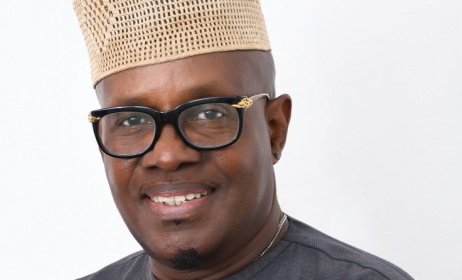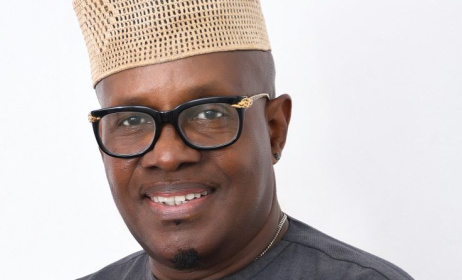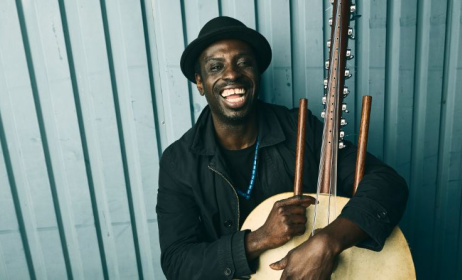Gambian musicians union leaves national arts centre
The Musicians Union of the Gambia (MUSIGAM) on 7 December announced that it was splitting from the National Centre for Arts and Culture (NCAC).
 Stakeholders at the MUSIGAM press conference.
Stakeholders at the MUSIGAM press conference.
MUSIGAM was established in 2008 to promote Gambian music and protect the interests of artists and music professionals. It also looks to preserve and enhance the country’s cultural heritage.
The NCAC is a semi-autonomous institution established by Parliament in 1989. It is led by Hassoum Ceesay and serves oversight functions for arts and culture in the Gambia.
The music association said Monday’s move was to safeguard the union’s autonomy, which it insisted was necessary for expediting the implementation of its activities and addressing various challenges.
“Among the key things that we really stand for – and we want to make sure it happens – is to make sure the independence of MUSIGAM is not compromised in any way,” interim MUSIGAM executive member Pa Modou Sarr told members of the press.
“There is a need for the autonomy of the union. We can do things for ourselves as musicians and we would not allow ourselves to be micromanaged at any point by any individual or organisation in the name of supporting Gambian music.”
Sarr said that while the NCAC was legally mandated to monitor, support and make suggestions and recommendations to MUSIGAM, it could not interfere in the affairs of the union.
“If you want us to be autonomous, you should be able to support us and allow us to be independent and implement our own activities,” he said.
Music In Africa is yet to receive comment from the NCAC.
Meanwhile, MUSIGAM is set to unveil its new executive body at a congress on 29 December. The union will also receive 250 000 Gambian dalasi (about $5 00) in COVID-19 relief from the government.
At Monday’s presser, outgoing executive member Lie Ngum also underscored the need for local artists to become members of MUSIGAM in order to better streamline the music industry in the West African country.


































Comments
Log in or register to post comments